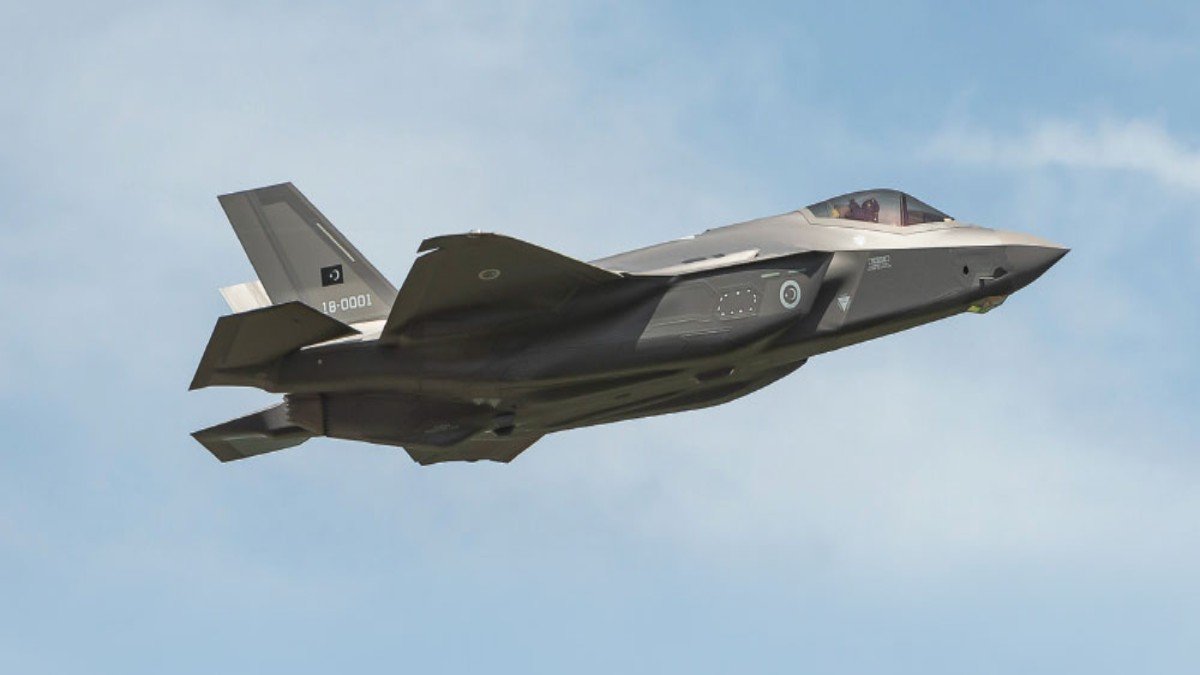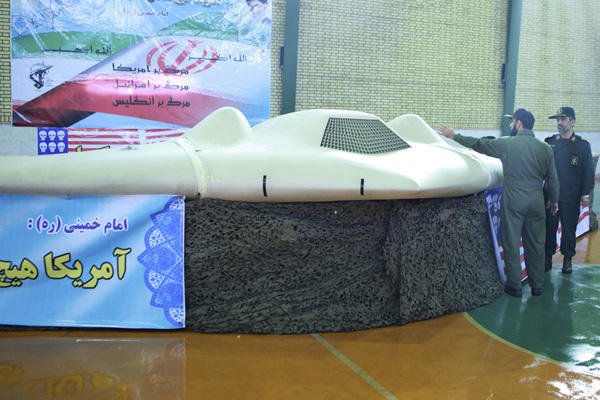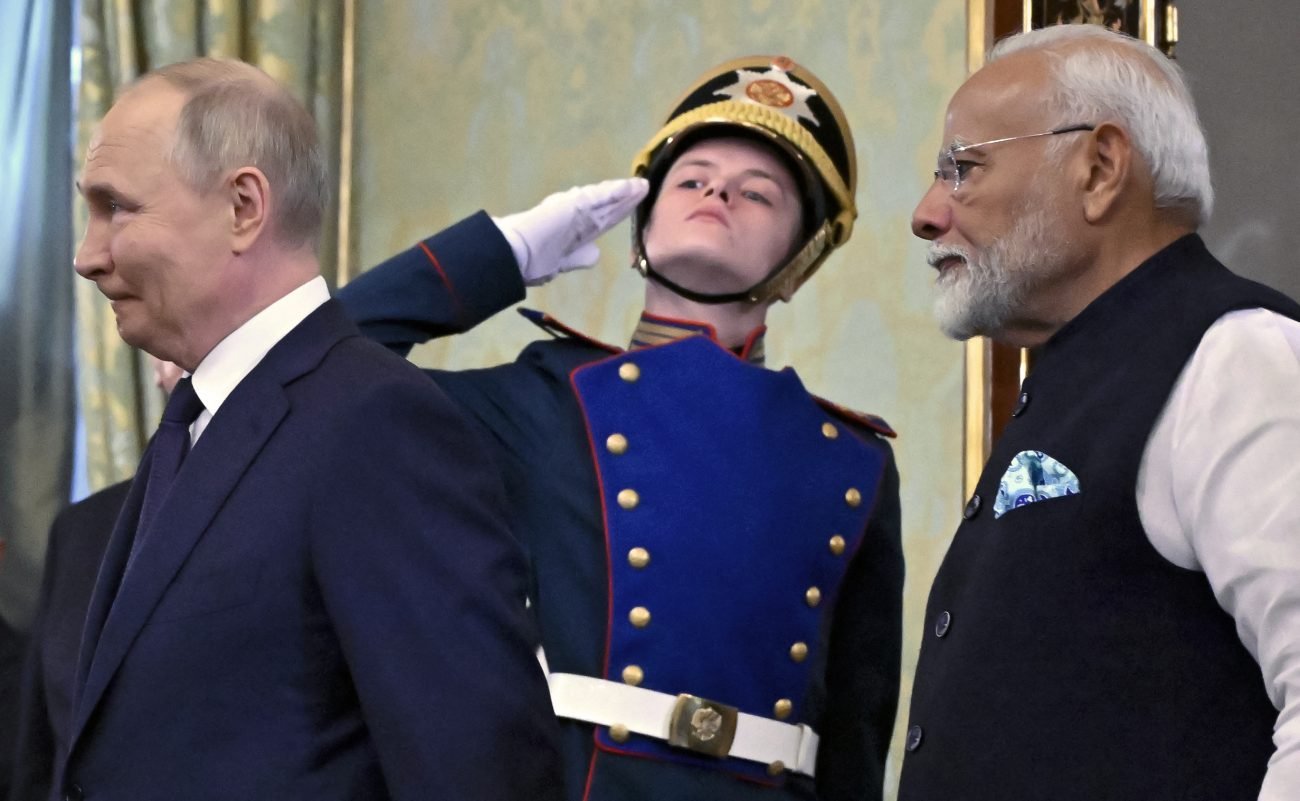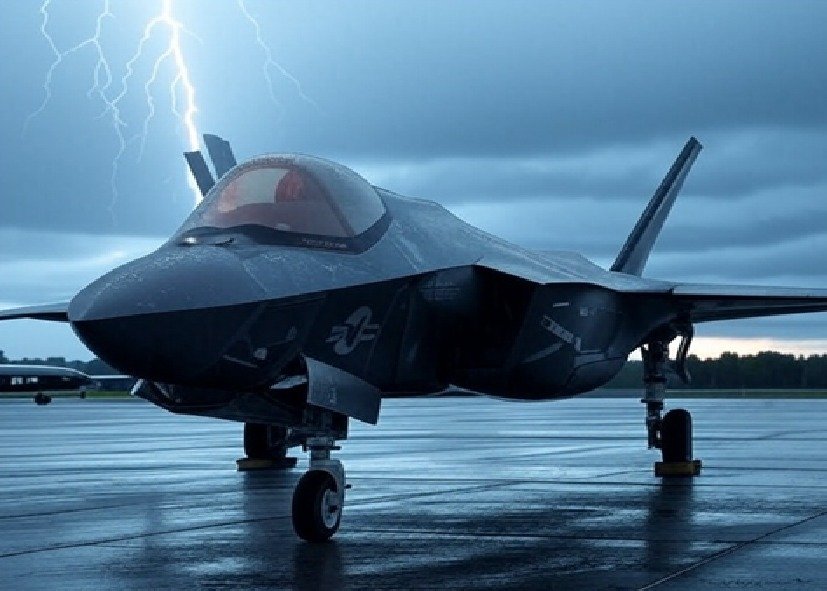Expelled from the F-35 Lightning II program by the Donald Trump administration in 2019, Turkey is resetting ties with the United States and lobbying to secure the coveted fifth-generation stealth aircraft from Washington in Trump’s second term as President.
Speaking to reporters on his flight home from the recently concluded NATO Summit in The Hague, Turkish President Recep Erdoğan said that his country has not given up on the F-35 fighter jet and has communicated its intention to rejoin the F-35 consortium.
The comments were reportedly made following one-on-one talks between Erdogan and Trump on the sidelines of the summit.
“We have not given up on the F-35s. We are discussing our intention to return to the programme with our counterparts,” he was quoted as saying by his office on June 26. “We discussed the issue in our meeting with Mr Trump, talks at a technical level have started. God willing, we will make progress,” he added.
The Turkish leader expressed optimism that he would make headway in persuading the White House to lift the restrictions preventing Turkey from acquiring F-35 Fighter Jets.
Turkey was previously a partner in the F-35 consortium, building about 900 parts for the fifth-generation stealth aircraft. At the time, Ankara had planned to buy 100 Lockheed Martin F-35A Lightning II aircraft and had reportedly made an advance payment of US$1.4 billion for the project.
However, in an unprecedented turn of events, it was banished from the program in 2019 following the purchase of the Russian S-400 air defense system, despite fierce opposition from Washington.
Additionally, Ankara’s defense industry was sanctioned under the Countering America’s Adversaries Through Sanctions Act (CAATSA).
Notably, Turkey’s push for re-entry into the F-35 program comes months after Trump offered the aircraft, though unofficially, to India, another country that uses the Russian S-400.
The offer to India gave the impression that the officials in the Pentagon might finally have overcome their concerns about the simultaneous operation of the two systems.
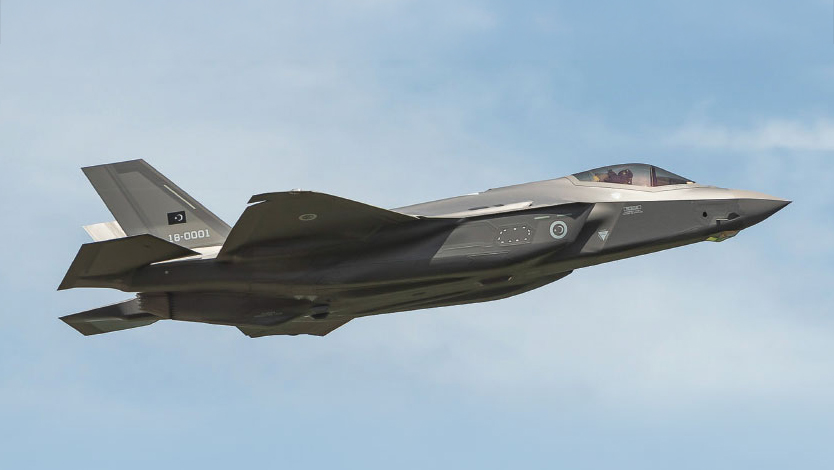
Earlier this year, Fox News reported that Donald Trump was warming up to the idea of completing the sale of F-16 fighter jets to Turkey and selling the F-35 to Ankara if the two sides could reach a consensus that renders Turkey’s Russian S-400 system inoperable. The report noted that the US could either demand that the S-400 be disassembled or moved to a US base in Turkey.
However, even if this hurdle was overcome between the two NATO allies, Turkey’s acquisition of F-35 will still face a major obstacle: opposition from Israel.
A report in the Middle East Eye claimed that Israeli Prime Minister Benjamin Netanyahu was lobbying with the US Secretary of State, Marco Rubio, to block the sale of F-35 jets to Turkey, citing concerns over Ankara’s expanding influence in Syria. The assertion has since been backed by several defense analysts.
Israel’s opposition to the sale of F-35s to Turkey is not new.
In 2019, for example, reports in Israeli media stated that Tel Aviv exploited US disenchantment with Turkey’s purchase of S-400s and worked behind the scenes to ensure that the US denied the sale of F-35s to Turkey.
The report said that by doing this, Tel Aviv was preserving its military superiority in the region. The US and Israel have a long-standing agreement that states US military equipment supplied to Israel must be “superior in capability” as compared to that sold to Israel’s neighbors. This essentially means that the US weapons sales in the Middle Eastern region cannot jeopardize Israel’s “qualitative military edge.”
Even though Turkey is not really in the Middle East and is a NATO member, there have been apprehensions in the Israeli camp.
Currently, Israel is the only operator of the F-35s in the entire Middle East.
In addition to the F-35, Turkey has also been trying to purchase 40 4.5th-generation Eurofighter Typhoons to bolster its aging Air Force.

Like the F-35, it has so far remained out of bounds due to opposition from Germany, which has taken a tough stand over Ankara’s alleged human rights violations.
Germany earlier suspended the supply of weapons to Turkey in 2019 following a Turkish attack on the Kurdish YPG group in Syria. However, a new report in the German daily Handelsblatt indicated that there is now optimism that Berlin could finally green-light the sale under the new government of Chancellor Friedrich Merz.
Once this impediment is overcome, the Erdogan government would need to persuade the Trump 2.0 administration to reconsider and open the F-35 to the Turkish Air Force. This will enable Turkey to assemble a highly advanced mix of fighter jets, including the F-35, the Eurofighter Typhoon, upgraded F-16s, and its homegrown KAAN.
Turkey Never Gave Up On F-35
Turkey accelerated the development of its indigenous fifth-generation stealth aircraft, KAAN, as tensions soared between the two allies. However, it never really gave up hope of being reinstated into the F-35 program.
The Turkish quest to acquire the F-35 received a fresh impetus when the US approved the sale of F-35s to Greece, Turkey’s main rival in the Mediterranean. Turkey has since intensified its efforts to acquire the fighter to close the capability gap with Greece.
In November 2024, Turkish Minister of National Defense Yaşar Güler said that the US might be willing to deliver the F-35 jets to Turkey, provided ongoing diplomatic negotiations continue to progress.
“Now that they’ve seen our progress with KAAN, their stance seems to be shifting. They’re indicating that they might be willing to deliver them. We’ve officially resubmitted our offer to buy the F-35.”
Since Trump became President, the US has eased sanctions on the Turkish defense sector, with steps towards ending the measure advancing quickly, as earlier reported by the EurAsian Times.
“We can easily say that there is a softening in CAATSA,” Erdogan earlier told reporters while returning from a European summit in May 2025.
The Turkish President stated that Turkey had raised the sanctions issue with Trump and his newly appointed envoy to Ankara, Tom Barrack. “With my friend Trump taking office, we have achieved a more open, more constructive and more sincere communication on these issues,” Erdogan added, saying Turkey valued “every positive step in this direction”.
“I believe we will overcome the CAATSA process much faster. As two great NATO allies, there should be no restrictions or obstacles in the field of defence between us,” he noted.
Ankara is using the resetting of ties to push for its re-entry into the F-35 program. In April this year, Turkish President Recep Tayyip Erdogan told Trump in a phone call: “CAATSA sanctions should be lifted, and the issues of the finalization of the F-16 procurement process and Türkiye’s re-participation in the F-35 program should be resolved to expand the defense industry cooperation between the two countries.”
As Aaron Stein, a foreign policy expert, says, The time is right for renewed negotiations regarding the sale of the F-35 to Turkey. The US Air Force may be forced to cut the overall buy of the jet to pay for other budgetary priorities, all but ensuring that pressures to export the jet to new customers will increase. Turkey is open to the sale and US President Donald Trump has tried for years to overcome Congressional resistance to export the jet to Ankara. The Turkish government should seize the moment, stop being intransigent on “saying yes” to a compromise on a S-400 solution, and take the much-needed step to recapitalize its aging fighter fleet.
